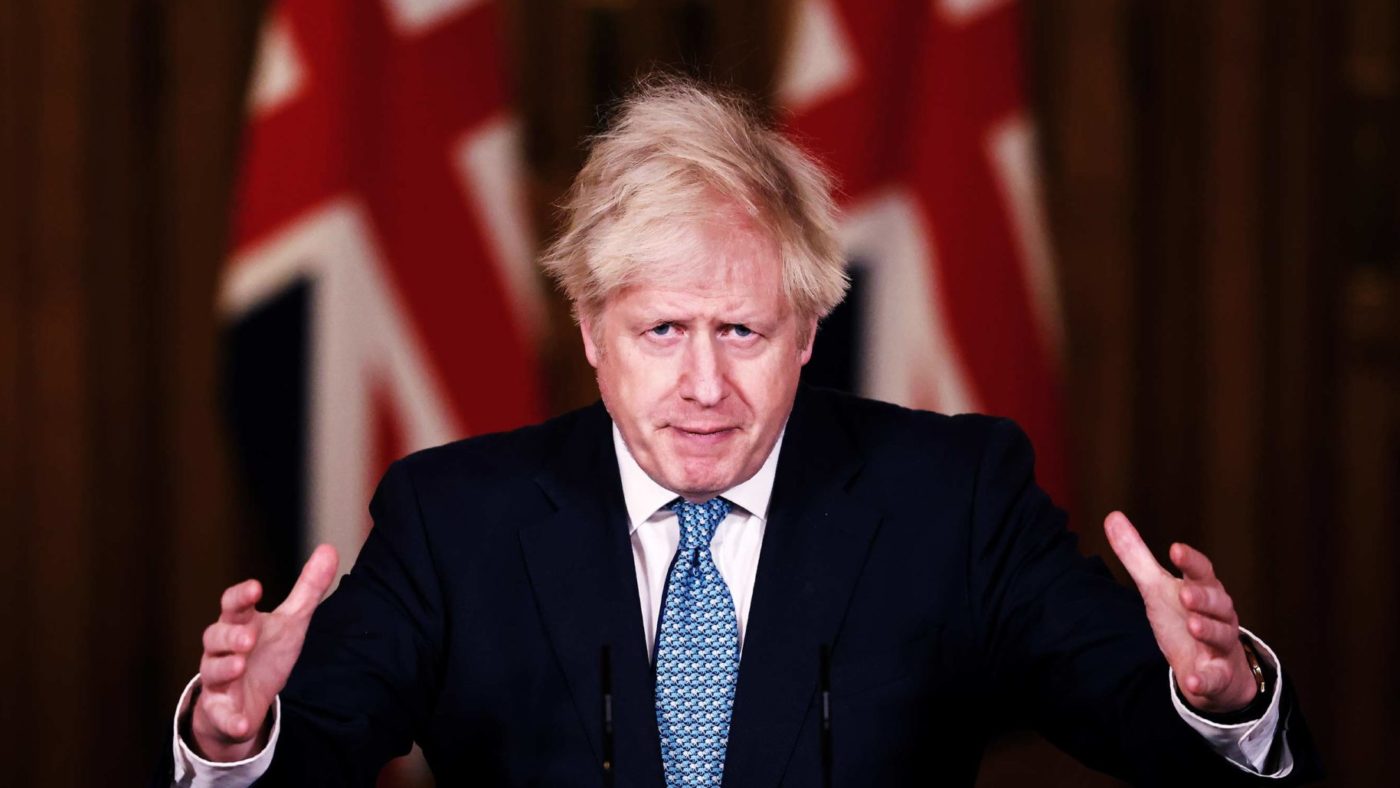I should probably begin this column with a confession. Which is that other than the relief which comes with finally avoiding the needless self-harm of the no deal option, I care little for the finer points of the Prime Minister’s newly minted Brexit trade agreement. There are of course legions of trade experts on social media who can definitively tell you who has caved in on cod or sold out on seed potatoes. Some of them have even been ‘working’ on trade policy for longer than 24 hours too. I, however, am not one of them, nor do I plan to become one. Will I read all of indeed any of the hundreds of pages of legal text over Christmas? You must be joking.
That is not to say Brexit is an entirely impassive subject for me. I still believe it to be a diminishment of British power and influence with a negative economic effect over time. The loss of free movement is a sad defeat for individual liberty. And the deal will certainly cause some ill-timed trading disruption as regulatory processes adapt.
However, unlike so many on either side of the Remain-Leave divide, I have never seen Brexit as a full stop on Anglo-European relations. That to me seems to be a betrayal of the temporal nature of democratic politics itself, the one show that really must go on. In fact, in omitting vast swathes of Britain’s service-based economy from the agreement’s scope in favour of more dynamic “unilateral equivalence” decisions, the deal itself speaks to this inalienable political truth. What was lost or won yesterday can always be regained or thrown away tomorrow.
Given the festive timing of this deal and the hysteria which greets it on social media, I would encourage all CapX readers to bask in the distance this more detached perspective allows. Yet, for the committed politicos, it perhaps also allows a better vantage point for predicting what the deal means for British politics. Because the truth is that aside from those online outrage-hunters, the British people too have quietly but decisively moved on from Brexit.
This is not just a function of the pandemic’s obviously greater importance either, it was true at the 2019 election too. That seems strange to say given the all-conquering power of the “get Brexit done” slogan. Yet the Government should be in no doubt that for most people it was the “done” bit of this which truly appealed.
What does this mean then for a Prime Minister with the unusual distinction of having transparently fulfilled his mandate?
Certainly, it would be churlish, given the timeframe and context, not to acknowledge that Boris Johnson has secured a significant diplomatic achievement. Yet celebrations will and should be severely muted.
For one, it looks possible that Londoners are only a few short weeks away from once again dying at a faster rate than during the Blitz, with the rest of the country likely not too far behind. But even beyond the pandemic, fulfilling one’s singular and distinctive political mission is, as Winston Churchill might testify, often a strangely vulnerable position.
Johnson’s backbenchers grow ever more frustrated with his inclination towards lockdowns, whilst his increasingly powerful Chancellor tires of the economics behind his supposed post-Brexit agenda. That Johnson’s instincts are more in touch with the British people on the pandemic and mainstream economists on the public finances, will offer little protection – both may be able to couch any manoeuvres behind a generalised charge of prime ministerial incompetence. With Brexit banked, the year ahead looks like being fraught with domestic troubles. Do not therefore back against another diplomatic ‘grand projet’ – climate change perhaps – as the Prime Minister tries to reclaim relevance with people and party.
And what of Labour? Well, assuming Keir Starmer does not fall into the abstention elephant trap then he too will face a battle for relevance, hemmed in by a surprisingly restive party. Unlike his Tory counterpart, there is no serious threat to his ongoing leadership, but in a context of a big state, big spending, post-Brexit Tory government it is not at all clear what the political point of the Labour Party is.
Moreover, the contribution of Brexit to this intellectual impasse is still underappreciated. Without question, the unabashed fervour for Remain amongst the party’s membership – and the over-egged importance this placed upon stopping or constraining Brexit as the party’s temporary raison d’etre – has been the most important political energy source within Labour since the referendum. It held the party together during the high noon of its factional war, helped crash the Corbyn project in the 2019 election, before ultimately removing Corbyn and replacing him with the most obviously pro-Remain candidate in the subsequent leadership contest. Some time before the year is out, Starmer is likely to close the book on this period by backing the Brexit deal. But it is not at all clear what or how he intends to write as the next chapter.
Today’s deal marks the day when the political process caught up with a people that have moved on. Just don’t expect that fact to be received with much festive cheer by either Boris Johnson or Keir Starmer.
Click here to subscribe to our daily briefing – the best pieces from CapX and across the web.
CapX depends on the generosity of its readers. If you value what we do, please consider making a donation.


